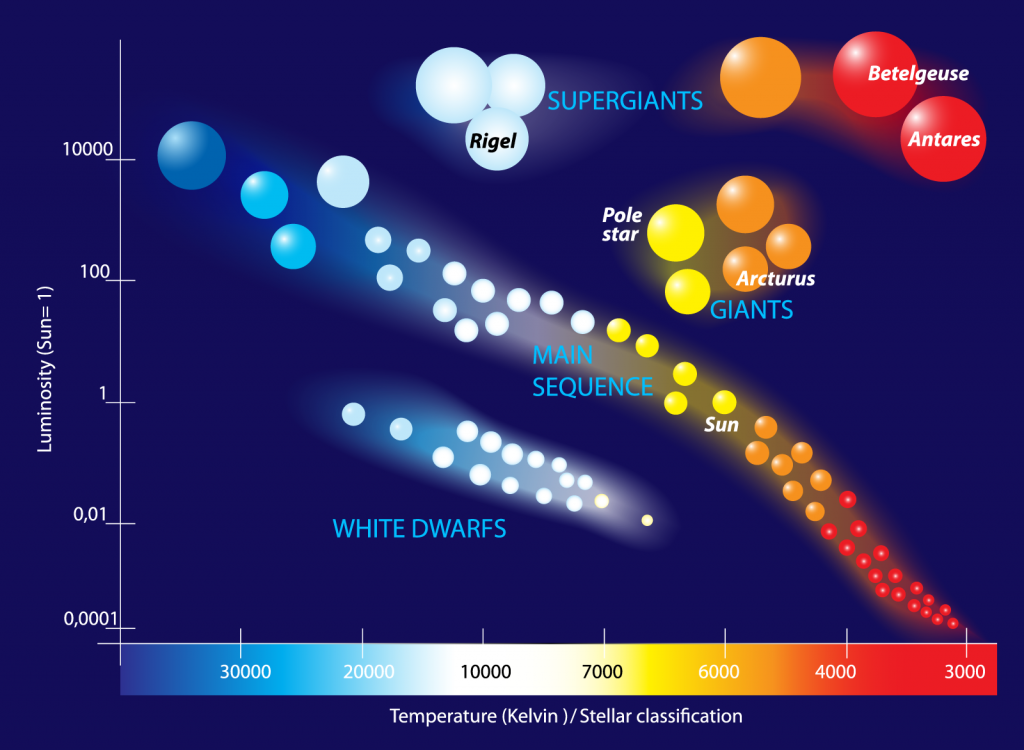
API and Bot Attacks Costing Businesses Billions and Rising
Security
Zaker Adham
20 September 2024
08 August 2024
|
Zaker Adham
Summary
Summary
A UK-based space startup, Blue Skies Space, has announced its plans to launch its first satellite through SpaceX's rideshare program. This initiative aims to introduce a "new era of space research," where astronomy data is collected, packaged, and sold as a service.

In a similar fashion to previous missions, SpaceX's Transporter 15 program will utilize a Falcon 9 rocket next year to transport payloads from various third-party companies into space. Among these is Blue Skies Space, which will launch its inaugural Mauve satellite in October 2025.
The Mauve satellite is designed to complement data from existing astronomical projects like the Hubble Telescope. It will focus on stellar spectroscopy, analyzing the spectrum of light emitted by stars to provide information on their composition, temperature, density, mass, distance, luminosity, and more.
"Mauve is intended for long-term observation campaigns of hundreds of stars in our galaxy, aiding the scientific community in advancing key research on stars," said Marcell Tessenyi, CEO and co-founder of Blue Skies Space, in an interview with TechCrunch.
The satellite's scientific applications include studying stellar flares, examining their frequency, energy distribution, and physical properties. It may also investigate the magnetic activity of exoplanet hosts to understand the effects of UV radiation on photochemistry.
While other private companies are also gathering and monetizing space data, many rely on ground-based telescopes or satellites that observe Earth. Blue Skies Space sets itself apart by collecting data about space from space and offering it through a subscription-based model. This program already includes researchers from Boston University and the National Astronomical Observatory of Japan, who have joined to help shape the program design, including decisions on where the Mauve satellite should focus its observations.
"No private company is currently providing astronomy data as a service; we will be the first," Tessenyi stated. "We bring new science satellites and datasets to the community, making them available to anyone interested. This approach offers the scientific community greater agility and complements the large, high-capability facilities typically provided by government agencies."
Since its inception, Blue Skies Space has raised approximately $6.5 million, with two-thirds coming from equity investments from investors like the UK seed fund SFC Capital and Japan's Sparx Group. The remaining funds have come from grants, including those from Europe's Horizon R&D program.
Commercializing the Cosmos
Founded in 2014, Blue Skies Space was created by a team of academics, including Tessenyi, who holds a doctorate in astrophysics from University College London (UCL). The startup has navigated the "standard mission proposal processes" with traditional space agencies. However, the rise of the "new space" industry, characterized by private companies commercializing space, has opened new opportunities for companies of all sizes.
"We spent many years engaging with the global science community, validating our model, and understanding their science and data needs," Tessenyi explained. "A lot has happened within the business to enable the launch of Mauve, but the 'new space' industry has drastically transformed the space ecosystem over the past decade. This has allowed us to find the right manufacturing partners and team members to implement our vision."
Instead of building its own satellites, Blue Skies Space outsourced the engineering work to experienced manufacturers, including Hungary's C3S and Dutch company Isispace. Blue Skies Space set the scientific requirements and converted them into technical specifications, which include a 13cm telescope and a UV-visible spectrometer.
Simultaneously, Blue Skies Space is developing a second satellite named Twinkle, which will be built by Airbus. This satellite will feature a larger telescope and visible-IR spectrometer, coupled with a Teledyne sensor, and will focus on spectroscopic measurements of distant exoplanets' atmospheres.
Blue Skies Space has not yet disclosed the cost of its membership, stating that this information will be available "soon."
Despite its funding and efforts to launch a satellite, Blue Skies Space remains a relatively small operation with just 12 employees based in the UK and Italy.

Security
Zaker Adham
20 September 2024

Security
Paikan Begzad
13 September 2024

Security
Zaker Adham
12 September 2024

Security
Paikan Begzad
26 August 2024